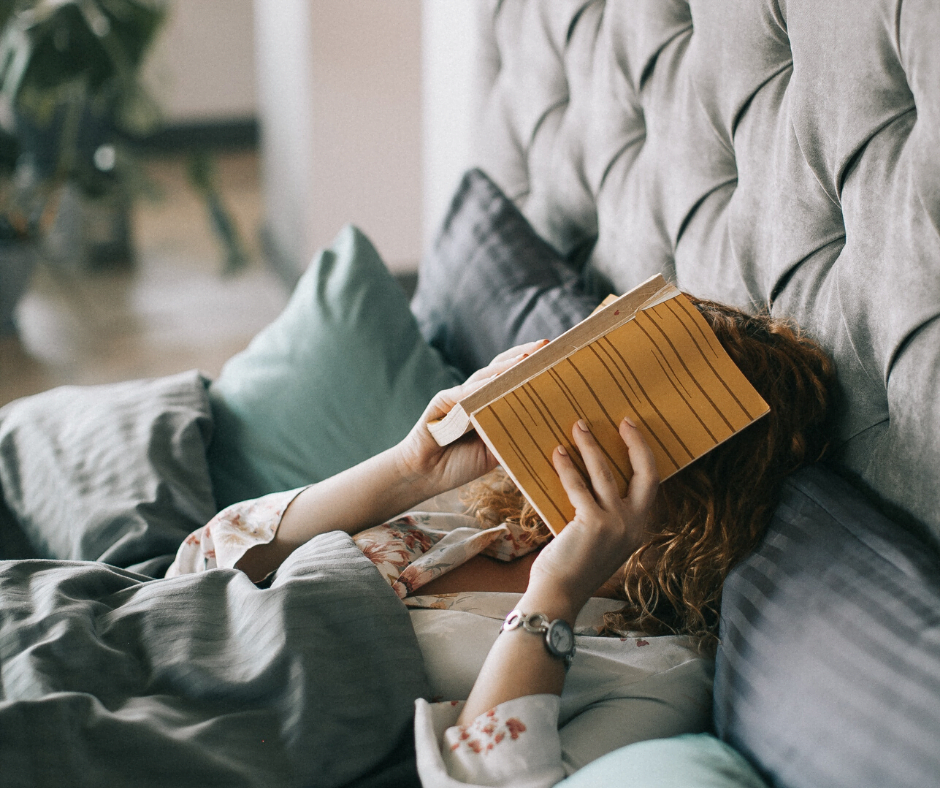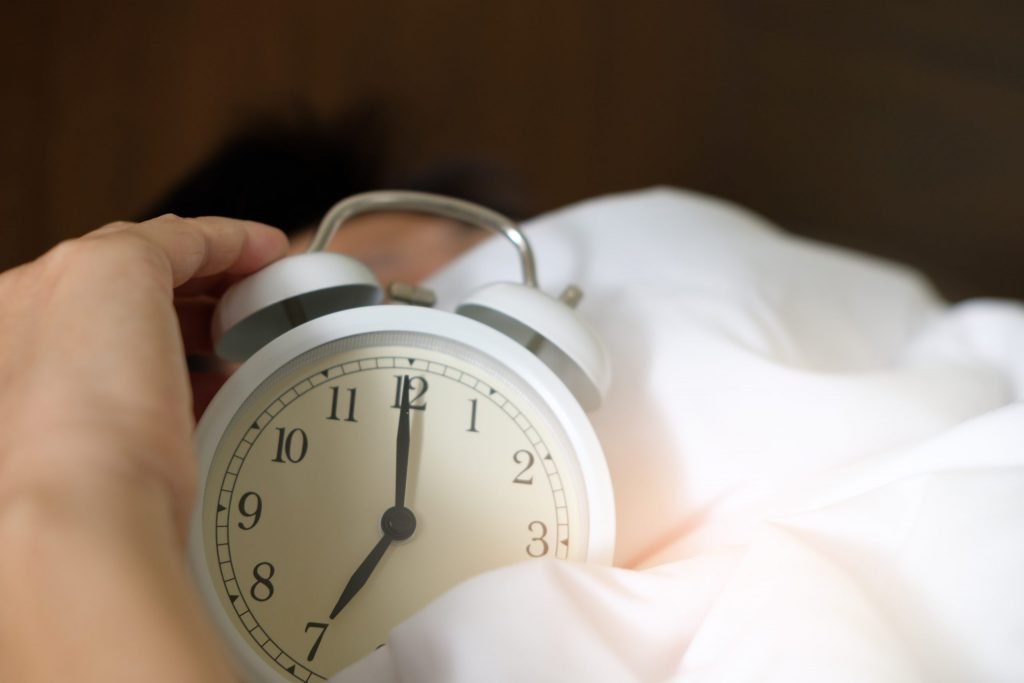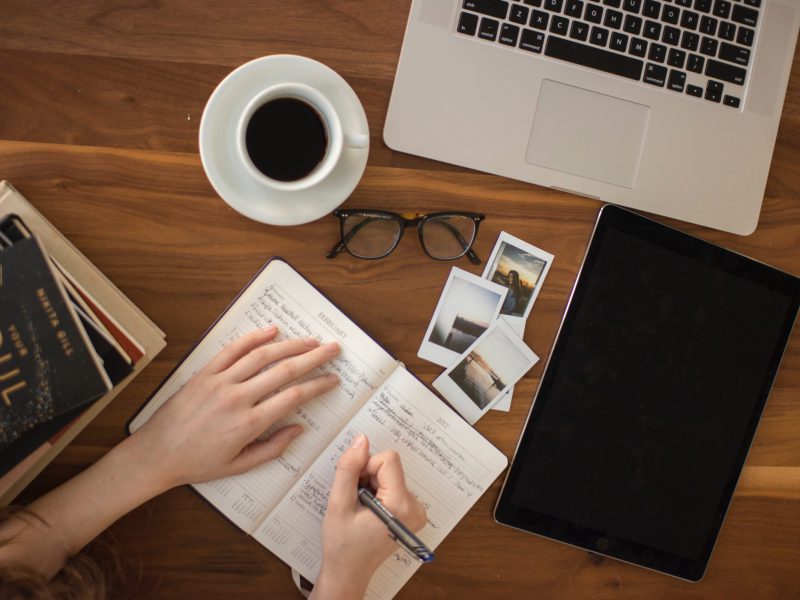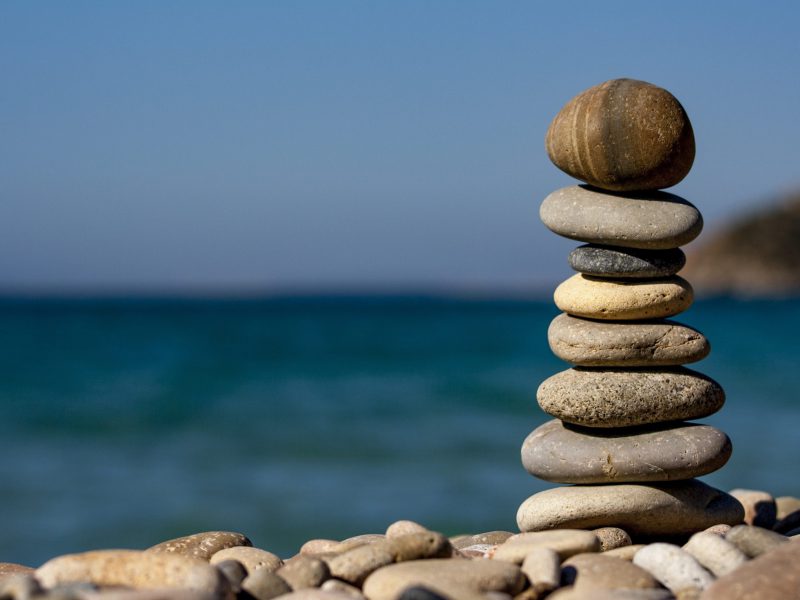Most people have heard the term ‘Sleep Deprivation’ but what exactly is it and how can it affect your life?
Sleep deprivation, simply put, occurs when you aren’t getting enough sleep. It can have negative effects on both your mental and physical wellbeing. Sleep deprivation can lead to a number of issues, including respiratory issues as well as issues with digestion, this can largely be because of your brain not functioning as it should be if you aren’t getting enough sleep.
To avoid sleep deprivation, it’s important to make sure you get into a good sleep routine so that you give your body time to rest and heal. Here are some tips and advice on how to get into a better sleep routine.
Avoid Staring at Screens
Your body has a natural clock called the Circadian Rhythm. By staring at a smartphone or laptop screen before you go to bed, your body gets tricked into thinking that it’s daytime. This then reduces the number of hormones which are produced that allow your body to relax and then fall asleep.
We spoke to Zoe Thompson a Mindset Specialist at Mind It who said, “Try not to look at screens for 1 hour before bed for one week so you can notice if this has a positive effect on your sleep routine.”

Wind Down Before Bed
In order to get the best night’s sleep, it’s important for you to de-stress as best as you can. So, find what works best for you. Give yourself an hour before bed to unwind with a relaxing activity, this could be anything from reading a book to participating in some guided meditation. Zoe added, “your active brain uses Alpha brain waves. Going straight from active to bed and expecting to sleep is an unrealistic expectation. This is one of the biggest traps people fall into. Your brain needs time to settle.”
We all need moments of calm to gather our thoughts and relax, if you’re struggling to unwind you might find our blog on ‘Tips to Reduce Stress’ helpful.

Avoid Napping Throughout the Day
Power naps throughout the day may seem like a good idea at the time but if you’re having trouble sleeping at night, try stopping the naps during the day and save that sleep for when you’re going to bed. If you are really struggling, try and keep your nap to no longer than 20 minutes and before 3 pm to avoid affecting your sleep pattern.
Cut Down on Caffeine
Caffeine is a stimulant and can disrupt your sleeping pattern making it harder to fall asleep. Up to a quarter of the caffeine you consume can stay in your body for up to 12 hours. Try and keep your coffee drinking to the first half of your day to avoid too much caffeine in your system when you’re trying to get to sleep.
Make Sure You’re Getting Enough Sleep
The biggest sleep myth is that the average adult needs 7 hours of sleep each night. Leading sleep expert Dr Neil Stanley conducted research showing that everyone has a different optimum number of hours sleep. In his research, the amount of sleep needed ranged from 4-11 hours. Your body needs time to recuperate after the day, if you’re sleeping the right amount, you’ll feel energised and alert. Make sure that you are going to bed at a reasonable time in order to fulfil this.
Zoe urges you to “stop giving yourself a hard time for the amount of time that you sleep and instead focus on discovering what amount of sleep feels right for you. This knowledge alone can relieve so much self-induced pressure.”

If in Doubt, Talk to Someone
If you have tried all of these tips and exhausted resources online, don’t be afraid to speak to a medical professional. If you’re worried about your physical or mental wellbeing, it’s always best to go and speak to a doctor as they will be able to advise you of alternative treatments.
We hope these sleep tips will make a difference and help you get into a healthy sleep routine. Many thanks to Zoe for contributing to the blog.
If you work at Wellington Place keep an eye on Parklife for details of our next free sleep workshop, which will give even more help and advice to help you get a good night’s sleep.






